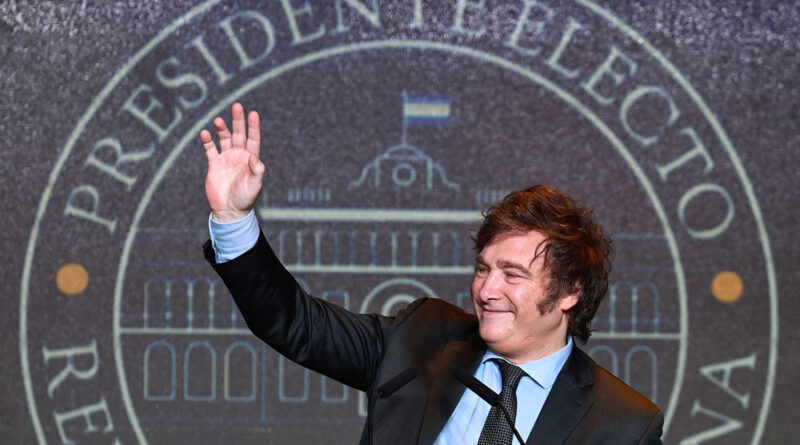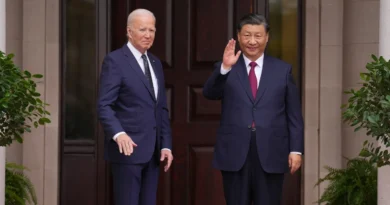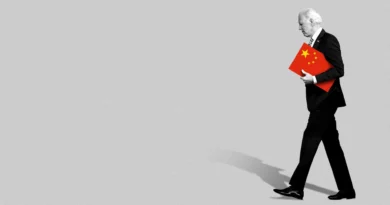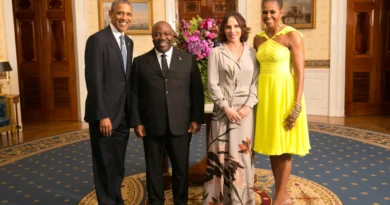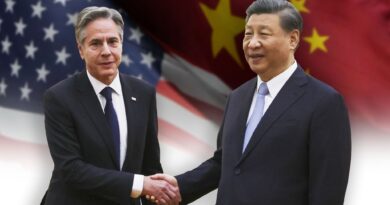About Milei, the form and the substance
PASCUAL SERRANO
After the victory of Javier Milei in the second round of the Argentine presidential elections last Sunday, November 19, two levels of analysis are imposed; that of the substance, that is, his political proposals, and that of the form, his staging to achieve electoral success.
Regarding the substance of his political proposals, they are already known to everyone because they have been announced, the so-called anarcho-capitalism: elimination of ten ministries and the Central Bank, dollarization of the economy, privatizations of YPF or public television, health or the education… The media, whether they sympathize or not, have presented their political project as “unprecedented”, “jump into the void” or “unprecedented”.
My personal opinion is that Milei will simply be another neoliberal government, nothing out of the ordinary. Their shouts and radicalisms are just the new method, now dominant, of managing to raise illusions of rupture in outraged populations (we will see this in the analysis of the form, later), but without any ideological definition.
We know it in Europe, it seemed that fascism was coming with Georgia Meloni in Italy or the chaos of Brexit with Boris Johnson, and they are simply neoliberal governments, loyal to the financial powers, the United States and NATO. The same outside of Europe, when it seemed that world war was coming with Trump at the head of the White House, and he was no more militarily aggressive or privatizing than now Biden, who is finishing the wall with Mexico. None of them did anything different from neoliberalism.
Milei will not dollarize the economy because to do so it must restructure its entire financial system and, another detail, it must have dollars to replace the existing pesos. Own Milei has said it needs $35.000 billion to do so, a bad start for the public savings it promises. In any case, neoliberalism is already responsible for de facto dollarization when financial sovereignty is abandoned and its destiny is linked to the US currency.
Regarding the elimination of ten ministries, it is simply not feasible during one mandate. Can anyone imagine the dismissal of thousands of officials from those ministries? For example, his closure of the Ministry of Education says that it will be done by giving educational checks to parents so that they can choose which school to send their children to, but there are no private schools for all of them, nor is there any reason to think that that is cheaper than public schools and, finally, forget that education depends by law on provincial governments.
The Central Bank cannot close it either, not even if it dollarized the economy, the central banks are dedicated to something more than printing banknotes, as Milei denounces, they are the authority that regulates the operation of the country's banks.
Another privatization that Milei has announced is that of the oil company YPF, but he has already clarified that it must first be recomposed and, in any case, it would not be anything exceptional. You don't have to announce yourself as very anarcho-capitalist to do it, in Spain a socialist government did that in the eighties when they privatized Repsol. It also announces the privatization of public television, something that neoliberal Latin American governments have always done and that, every now and then, right-wing regional governments announce in Spain with their regional television.
We know that his first international trips will be to the United States and Israel. Nothing new for a neoliberal government, visiting the boss of the north first, there is nothing groundbreaking about it.
Milei's proposals will need to be approved by Congress, even those that he has announced that he will submit to a referendum first need the approval of Congress to be binding.
Milei has only 38 deputies in a chamber of 257 members and eight senators in a total of 72. It is evident that its muscle is the usual traditional right, that of former president Mauricio Macri and former presidential candidate Patricia Bullrich, who have already expressed their support. support in this second round and whose technocrats will fill their positions of senior officials and advisors.
Conclusion, Milei is not an eccentric madman, he is the usual neoliberal right, and I don't say this precisely to reassure. That is why the lifelong former right-wing presidents supported him: Mariano Rajoy (Spain); Mauricio Macri (Argentina); Iván Duque and Andrés Pastrana (Colombia); Felipe Calderón and Vicente Fox (Mexico); Jorge Quiroga (Bolivia); Sebastián Piñera (Chile) and Luis Fortuño (Puerto Rico). And, of course, the Peruvian writer and Nobel Prize in Literature Mario Vargas Llosa.
Now let's move on to the shapes. The success of Milei's squawking and bawling means discovering that the right, without ever having left power, is the one that is capitalizing on discontent, the discourse of rebellion and even supposedly subversive forms. If we look closely, historical bastions of the left, such as the anti-system flag, the denunciation of the mainstream media and the pointing out of the privileges of the political caste and the defense of the shirtless (the people who get up early, they said in Vox) have became part of the discourse of the right. And with that speech they are coming to power.
And all of this, without a prior party structure, through rapid movements fueled by citizen anger, Milei has only been in politics for two years. And Emmanuel Macron created his party a year before becoming president of France. It must be recognized that reaching the presidency through flood movements is not exclusive to the right, it happened with Hugo Chávez and Evo Morales.
Another characteristic element of the success of the right is achieving popularity for its role as a showman in the mass media while denouncing the role of those same media. Milei succeeded with a weekly program called Demolishing myths, from 2017 to 2022 and as an actor in his own play called Milei's Office (2018), Donald Trump on the TV show The Apprentice on NBC and Zelensky in the television series People's servant, where he played the president, and whose name and decorations he used for his election campaign to make his role in the series a reality.
The Milei phenomenon has once again confirmed that the networks are the heritage of the extreme right, it was seen first with Trump, then with Bolsonaro and now with the Argentine. He said it so to the BBC, the 22-year-old influencer, Iñaki Gutiérrez, who became his “community manager”: “I met Milei through my girlfriend and I met with him to share the idea I had… that the Brexit campaign, in the United Kingdom , and (former President Donald) Trump's in the United States, had been done through Facebook, and (Jair) Bolsonaro's in Brazil was through Instagram, and it seemed to me that the campaign in Argentina could be through TikTok.”
Thanks to the networks, Milei's party, La Libertad Avanza, went from being a minority party in Parliament to leading the government in the space of just two years. “They were very important because when you have a campaign with as little funding as ours, it is important to take advantage of these types of tools that cost nothing and, in addition, allow us to reach a large number of people,” said Gutiérrez.
The extreme right has appropriated something that seemed to be born for the social movements of the left, such as social networks and the internet, but also of the generation that was supposed to be the raw material of the left, the youth.
According to the consultants, the majority of those who voted for Milei in the primaries and the first round of elections are young people between 16 and 29 years old. Young people who are outraged for obvious reasons: lack of job opportunities, impossibility of becoming independent, inflation of 140% annually, feeling that there is a political caste that monopolizes power. And absence of hope in traditional politics. The curious thing is that the most materially impoverished sectors do not perceive that what they are experiencing is precisely the abandonment of the State, that is, the anarcho-capitalism that Milei is presenting to them as an alternative.
And here, the author of Milei's unauthorized biography, Juan Luis González, provides other information: “many of the young people who follow him feel excluded from the progressive policies of recent years, such as the legalization of abortion and the feminist movement and the rights of sexual minorities.” That is, issues far removed from the material conditions of these young people.
Hence, if the traditional left has failed them, if they do not have an organizational culture (flood movements through the Internet) and their main source of information is the networks, they become fodder for the extreme right or for anyone who sells them rupture, insults and pissing off.
When we see those viral videos of Milei bellowing from outside Argentina, we are impressed that a character like this can be the most voted for by the citizens of a country. That is why it is good to learn from these media phenomena that although, as we have seen at the beginning, they are not so different from the usual right at heart, they know what the communication keys are to achieve power in these times. And for more indignation, with the wicks that we believed to be from the left: criticism of the mainstream media, management of social networks and support of youth.

